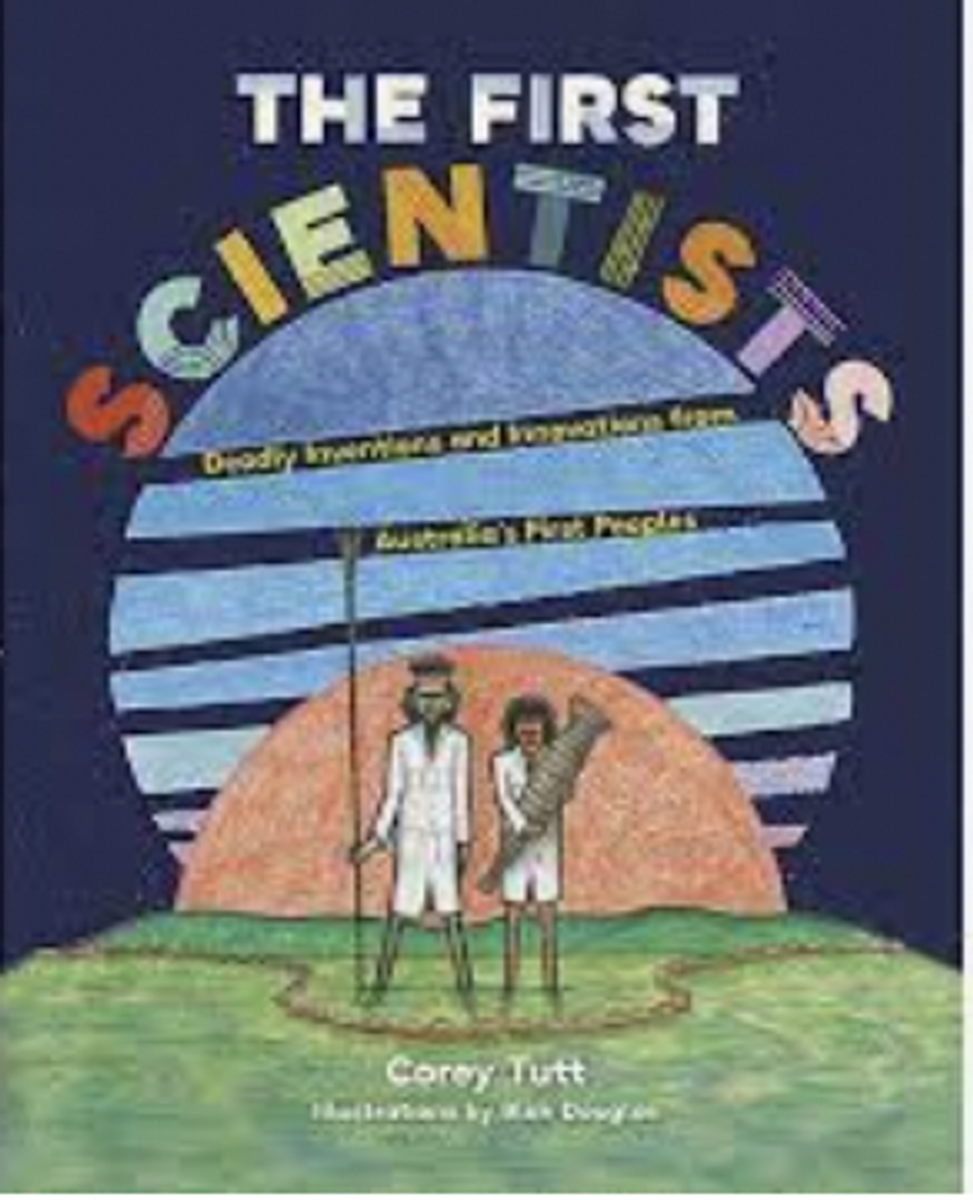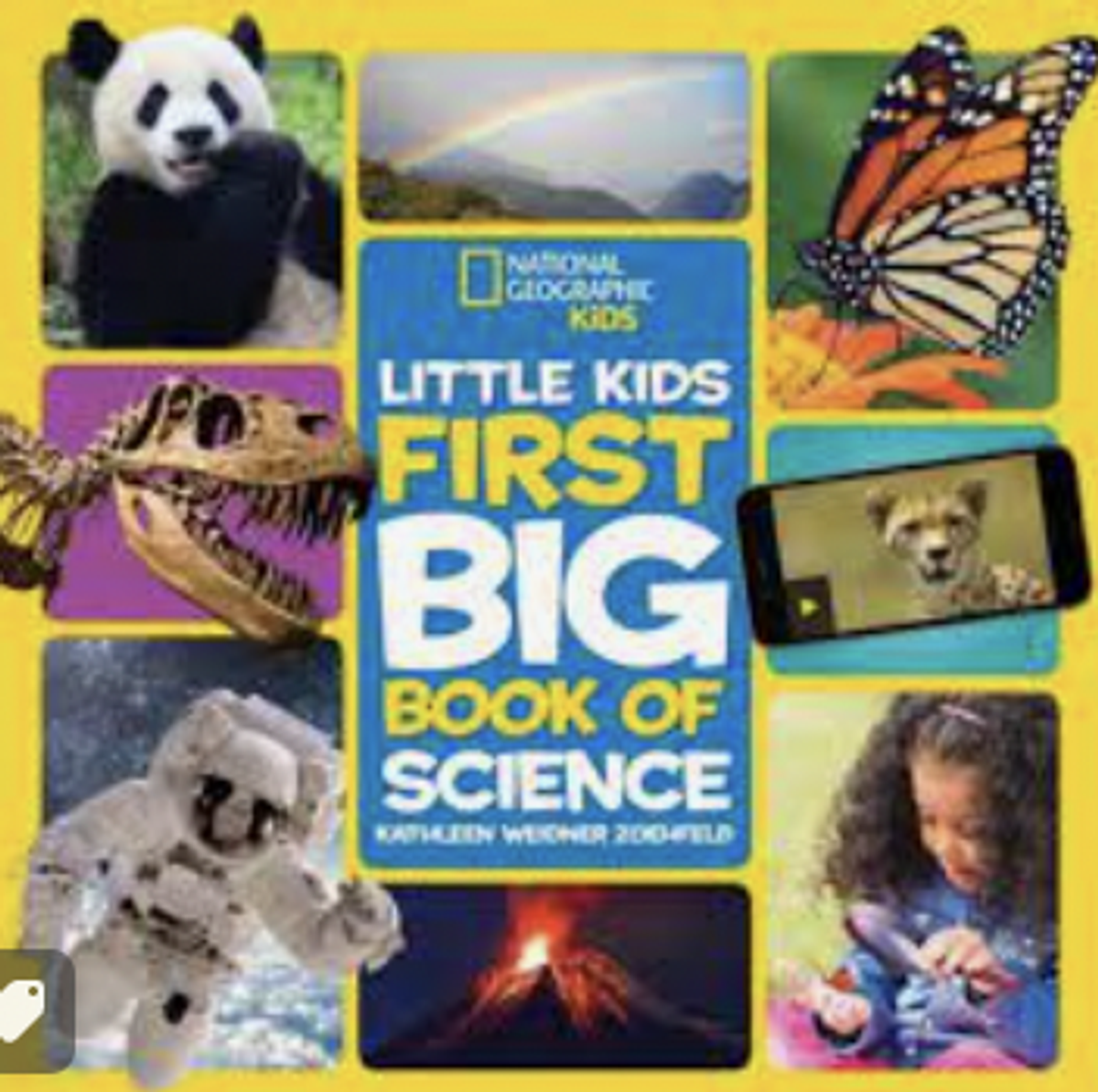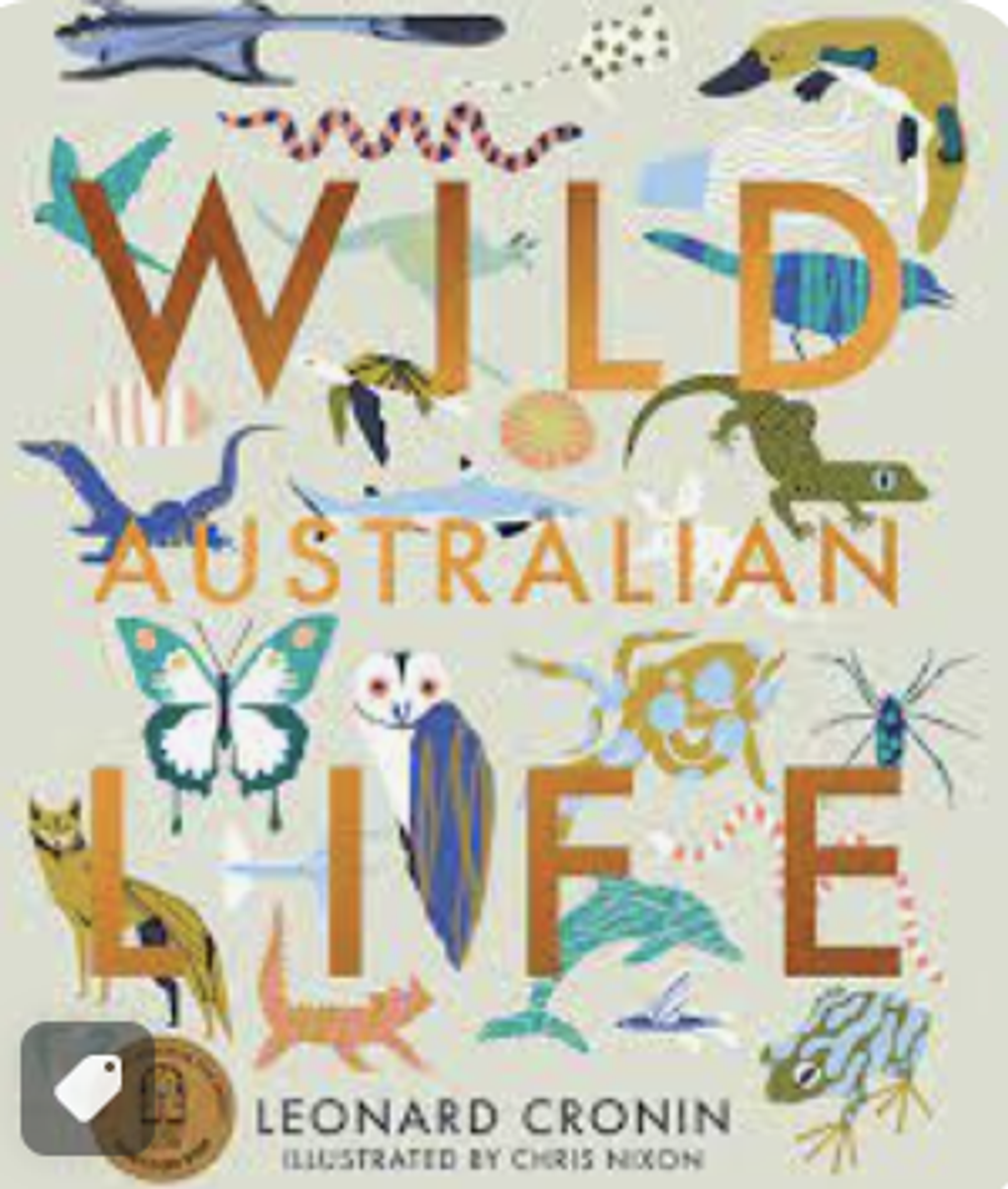Learning at St Columba's

Science Week:
This week students at St Columba's have had an action-packed week where our budding scientists have delved into captivating experiments and hands-on activities that have left them awe-inspired.
Science Week allows us to discuss, engage and explore the field of science. This year during Science Week, students in Year 5 investigated chemical sciences through a range of experiments where they predicted and observed changes to substances that are found in most kitchens. The Year 1 and 2 classes have continued their inquiry into physical sciences, exploring how sound waves move and light reflects and transforms. In Year 6, students made oobleck, a simple combination of water and cornflour, making a substance that has non-Neutonian properties. We encourage you to explore this experiment at home as you will be in disbelief at how two household items create observable properties that lead you to wonder.
Our library is filled with a range of books relating to science. We have provided opportunities for our students to read about scientists, especially women's contributions to the field of science. We encourage you to discuss science week with your child, ask them what and how they have explored science in their class and share your scientific knowledge.
Simple experiments you can do at home:
Chemical Science
Biological Science
Physical Science
Books to read with your child:
NAPLAN 2023
Shifting the focus to the classroom, it has been an absolute delight witnessing the remarkable levels of engagement and learning that have transpired throughout this term. As further evidence of this, I am genuinely pleased to share the remarkable academic progress we have achieved as a school. Just last week, we distributed the NAPLAN testing results for our Grade 3 and 5 students.
This year, the NAPLAN results are presented in terms of proficiency standards, categorized into four levels: Exceeding – denoting performance beyond expectations at the time of testing, Strong – indicating achievement of challenging yet reasonable expectations at the time of testing, Developing – reflecting progress towards expectations at the time of testing, and Needs Additional Support – highlighting a lack of attainment of anticipated learning outcomes at the time of testing, suggesting a potential requirement for supplementary assistance for satisfactory advancement. Notably, the NAPLAN results from 2023 mark the commencement of a new time series, rendering any comparisons to results from 2008-2022 incompatible.
As a school community, we are extremely pleased with the achievements of our individual students as well as the collective performance in both Year 3 and 5. The data underscores a prevalent trend wherein the vast majority of our students in Years 3 and 5 exhibit either a strong or exceeding proficiency across all five dimensions: reading, writing, spelling, grammar & punctuation, and numeracy.
Our dedicated efforts have been channelled into substantial investments of time and resources, with a paramount emphasis on research-based professional development for our staff and learning for our children. This strategic approach has enabled us to refine and implement a coherent and rigorous pedagogical framework spanning from Prep to Year 6, particularly in the realms of reading, writing, spelling, and mathematics. Seeing the tangible impact of these measures is greatly gratifying.
Moreover, it is truly heartening to observe the culmination of the strategic alterations we have introduced into our literacy and numeracy programs over the past several years. The consistently improving results underscore the success of our endeavours and highlight a commendable upward trajectory.




